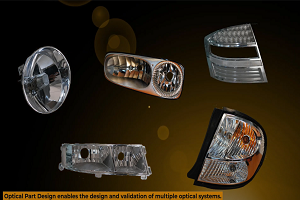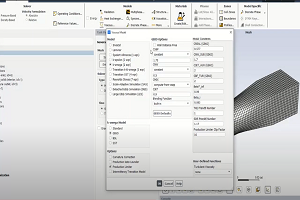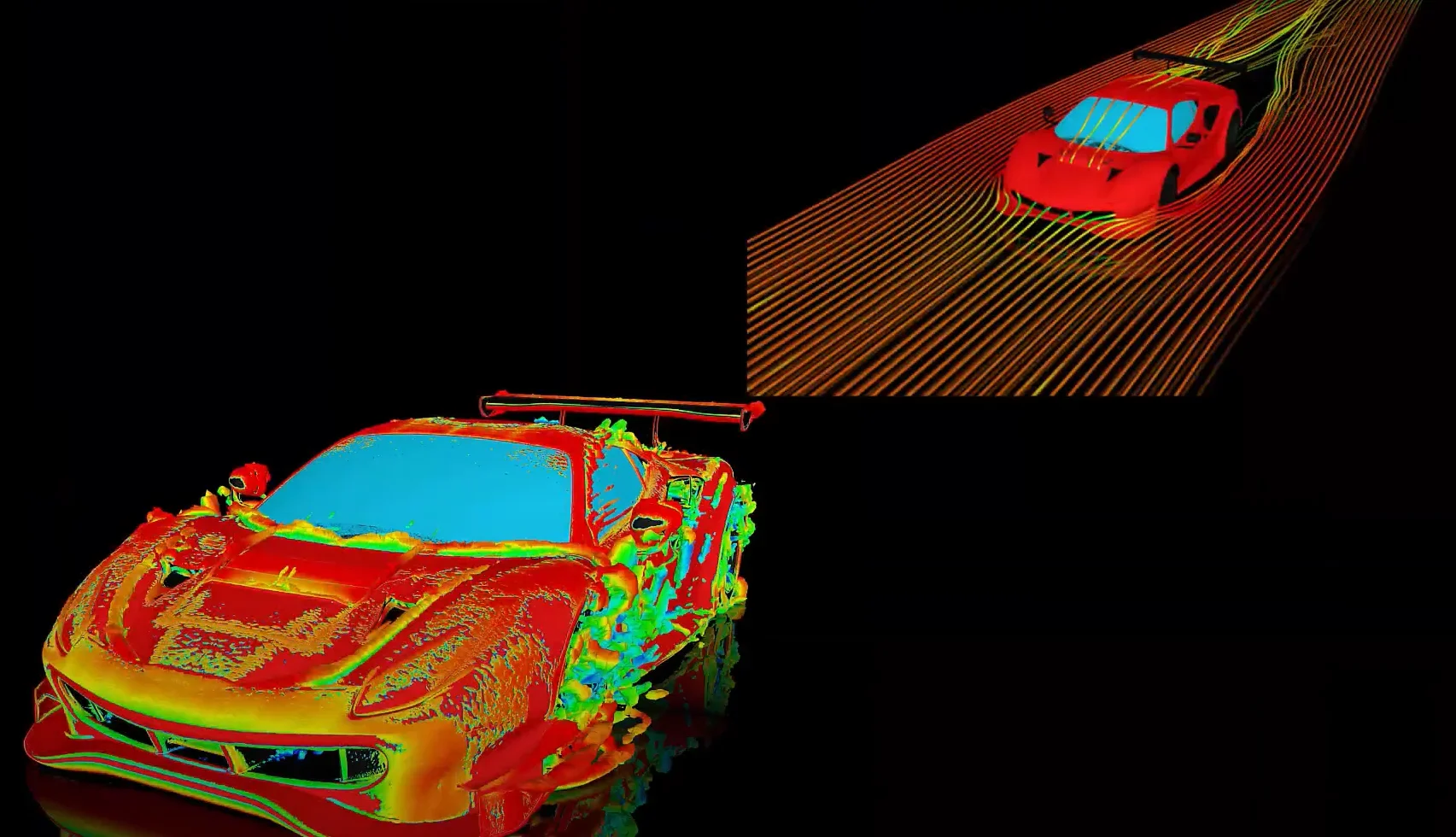-
-
March 17, 2023 at 8:59 am
 FAQParticipant
FAQParticipantThe enthalpy flux is depending on the reference enthalpy and the reference temperature. Example: For a zero reference enthalpy at 25 C, the enthalpy becomes negative for an inlet temperature of 20 C.
-


Introducing Ansys Electronics Desktop on Ansys Cloud
The Watch & Learn video article provides an overview of cloud computing from Electronics Desktop and details the product licenses and subscriptions to ANSYS Cloud Service that are...

How to Create a Reflector for a Center High-Mounted Stop Lamp (CHMSL)
This video article demonstrates how to create a reflector for a center high-mounted stop lamp. Optical Part design in Ansys SPEOS enables the design and validation of multiple...

Introducing the GEKO Turbulence Model in Ansys Fluent
The GEKO (GEneralized K-Omega) turbulence model offers a flexible, robust, general-purpose approach to RANS turbulence modeling. Introducing 2 videos: Part 1 provides background information on the model and a...

Postprocessing on Ansys EnSight
This video demonstrates exporting data from Fluent in EnSight Case Gold format, and it reviews the basic postprocessing capabilities of EnSight.

- Defining heat transfer coefficient (HTC)
- Thermal Analysis of a Radiator Using Ansys Fluent
- Simulating Battery Pack Cooling System Using Ansys Fluent
- How to solve the warning: “Warning: zone of type interior found between different solids!”
- ANSYS Fluent: Overview of the Mapped Interface Technique for CHT Simulations (18.2)
- In ANSYS Fluent, when the energy equation is enabled and viscous heating is enabled, must pressure work also be turned on?
- ANSYS Fluent Student: Conjugate Heat Transfer in a Heat Sink
- How to use Thin Walls with Thermal boundary conditions?
- What is the difference between internal and external emissivity?
- How to add comments to journal file so that I will know what each entry does?

© 2025 Copyright ANSYS, Inc. All rights reserved.

